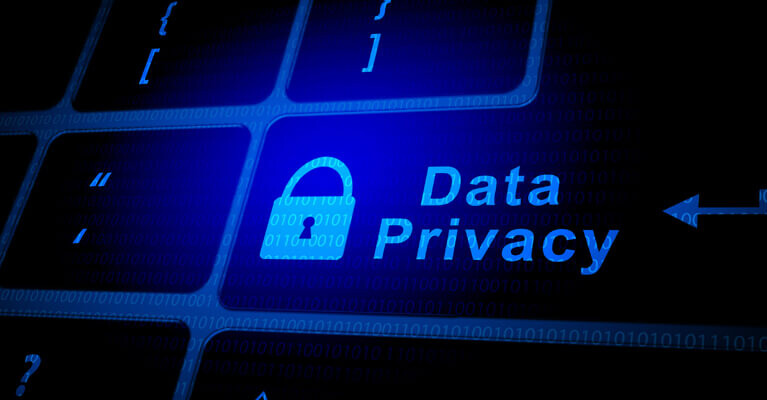CISO Perspective: Tips to Secure Your Information in the New Year

While many consumers stay up late to ring in the New Year, they could find themselves losing even more sleep if they’re the victim of fraud.
The Federal Trade Commission’s report on fraud estimated that American consumers lost more than $5.8 billion to phishing schemes and other fraud tactics in 2021, which represents an increase of more than 70% from the prior year.
The truth is, scammers and fraudsters never sleep, so it is vital to remain vigilant at all times to avoid falling victim.
Here are some tips to help keep yourself and your information secure.
Ring in the New Year with a Privacy Checkup
Performing a privacy checkup periodically is always a good idea, but where should you start?
Ask yourself a few questions about the passwords you use for your various banking, email, social media and other online accounts.
Do you use the same password across multiple accounts and how frequently do you update them? Do you save passwords on your devices and is multi-factor authentication enabled where possible?
It’s important to use unique passwords and update them regularly, especially if any of your accounts have been compromised. Avoid saving your passwords, especially on shared devices, and enable multi-factor authentication to add a layer of security.
You can also check if your email accounts have been compromised at https://haveibeenpwned.com/ or see if your passwords have been exposed in a data breach at https://haveibeenpwned.com/Passwords. To make remembering your various login information easier across sites, consider using a password manager like LastPass, DashLane, 1Password or BitWarden.
Peer-to-Peer Payments Fraud
Peer-to-Peer (P2P) payments are an easy and convenient way to quickly send money to friends and family to reimburse them for things like a split dinner out or shared holiday shopping expenses, but they need to be used with caution.
Before sending a payment to anyone – whether it’s via Zelle®, Venmo or another platform – send a test payment of just a few cents to ensure the intended person correctly receives the funds, and never send payments to someone you don’t know.
Scammers impersonating legitimate companies and banks have been known to call consumers about suspicious activity on their account and ask the consumer to send them money via payment apps. If you get an unsolicited call from someone claiming to be your bank, hang up and call the number on your debit card or latest statement.
Check Washing
Check fraud, particularly check washing, where fraudsters steal legitimate checks and “wash” them to change the recipient and amount, have continued to rise in recent years.
Whether you’re sending a check to a loved one as a gift or to pay a bill like your mortgage, there are steps you can take to reduce the odds of being a victim of fraud.
Try to avoid sending checks through the mail where possible by enrolling in online payments for your bills. If you must send a check through the mail, bring it directly to your local post office to limit the chances of the check being stolen from large blue mailboxes.
Steps to Take if You’re the Victim of Fraud
Falling victim to fraud can be gut-wrenching, but if you act quickly you can limit the damage.
Notify your banks and financial institutions immediately to have accounts frozen, new accounts created and cards issued. Have any compromised devices immediately wiped by professionals and change your usernames and passwords to your various accounts, even those that may not have been hacked. Place a fraud alert on your credit reports with all major credit bureaus. It is also a good idea to file a police or identity theft report as well as file a report with the Federal Trade Commission and Federal Bureau of Investigation.
By taking proactive steps to secure your devices and information, you can help protect yourself from fraud in the New Year and beyond.
That is a CISO perspective.

Helping you boost your financial intelligence.
Read our financial resources from your friends at WSFS.



